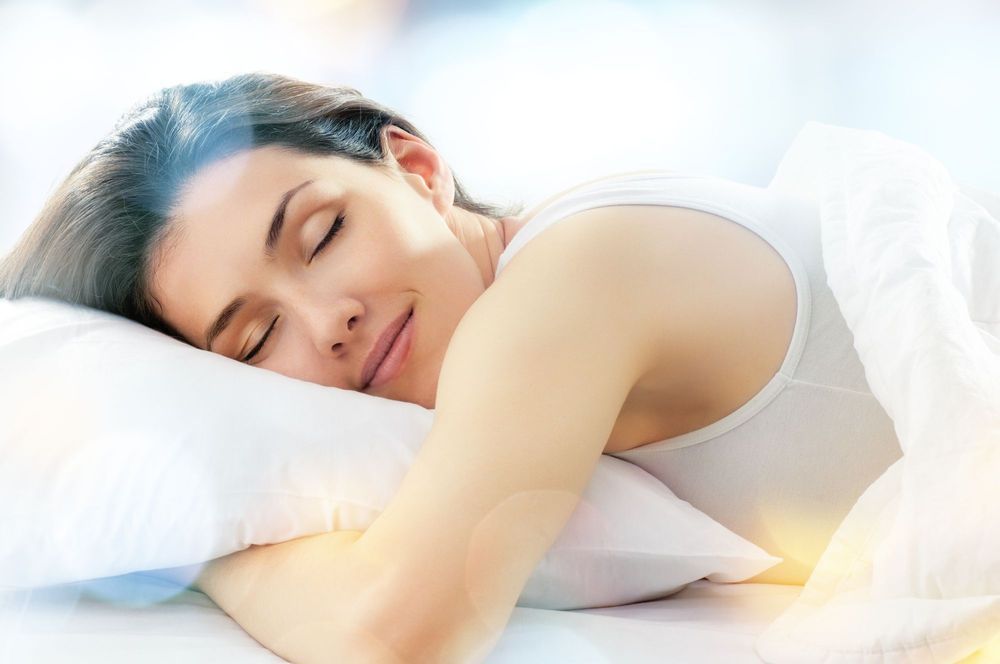A fascinating new study from scientists at UC Berkeley has homed in on exactly which phase of sleep seems to best keep anxiety levels in check. The research both affirms a causal association between sleep and anxiety, and suggests sleep deprivation lowers activity in the prefrontal cortex, an area of the brain that helps regulate our emotions.
For well over a century scientists have observed a correlation between sleep disruption and mood disorders such as anxiety and depression. Only in the last few years have clear neural mechanisms been discovered helping us understand exactly what our brains are doing when we are asleep, and how physiologically disruptive sleep deprivation can be.
A new study from UC Berkeley has focused more specifically on how sleep can modulate a person’s anxiety levels. Using a number of experimental measures, including polysomnography and functional MRI, the research first found that just one night of sleep deprivation resulted in 50 percent of the study subjects reporting anxiety levels the next day equal to those detected in subjects with clinically diagnosed anxiety disorders.

Sleeping is the best medicine. It repairs any stress on the brain. Thank you for letting me post here.